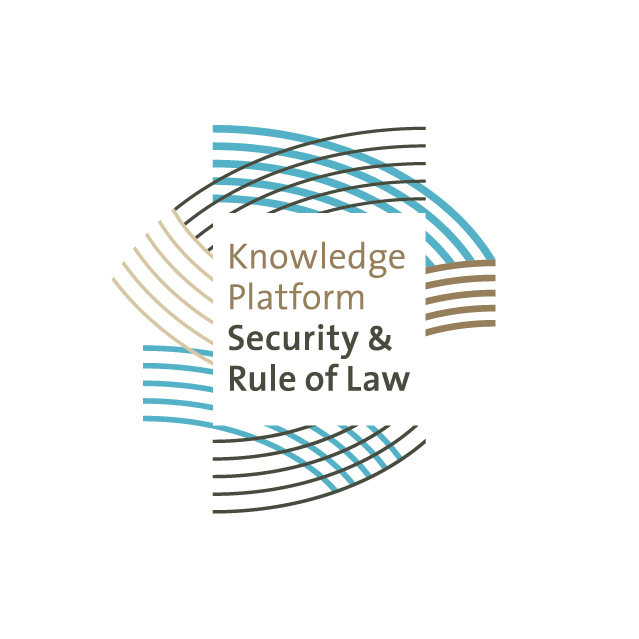Why do we need the African Union? This question was the central theme of the interactive meeting organized by the European Center for Development Policy Management (ECDPM) and hosted by the Platform on 28 September.
Bringing together experts and practitioners from Europe and Africa, and from NGOs, the meeting delved into what the AU has achieved in the 15 years since its founding, what role it can play now and in the future, and how to improve cooperation and coordination between the AU and other regional and international bodies, most specifically the European Union.

The AU: working for Africa?
The meeting started with a session that set the scene, questioning the achievements of the AU so far, and what threats and opportunities face the AU in this day and age. In a relatively short time, it was said, the AU has been an agent of change in the region. While its remains an “imperfect” organization, it is an African Union, representing African interests and aspirations.
The African Union is necessary in a global world where decentralization is needed for more effective governance. Engagement beyond African borders, particularly with actors like the EU and the UN, is streamlined with the AU as the face of its 54 member states, bringing their common needs and perspectives together. Additionally, the AU is a more effective advocacy tool, leveraging the negotiating power of 54 countries at the same time. However, while the AU was seen as a historic step forward a generation ago, uniting the continent, it is crucial for the Union to remain in touch with young people in Africa, some of whom see the AU as a question mark.
The AU will play a particularly important role in addressing some of the megatrends that loom not only over Africa, but also the rest of the world. Exponential population growth, urbanization, climate change and the global economic slowdown have all impacted Africa. These threats require a comprehensive and collective response from the AU, with a focus on sustainable and long-term programs, better education, improved infrastructure, enhanced freedom of movement in Africa, fair and free trade and more.

Equality, honest and self-reflection
One of the most crucial insights from the meeting was the lack of equality in dealings between the AU and EU, as well as other partners. The need for conversations about efforts to address problems inside and outside of Africa to be held from positions of equal footing and respect were highlighted repeatedly. One of the consequences of this unequal partnership is the misunderstanding of priorities between the EU and AU. Where the EU often cites migration and terrorism as pressing threats, African states may be more concerned by climate change, resource depletion, the youth bulge and lack of economic opportunities. This disconnect hampers the efforts undertaken on both sides. Similarly, the tension between justice and peace and reconciliation remain prevalent. Should Europe continue to insist on justice in particular contexts, where boundaries between victims and perpetrators are blurred and renewed conflict is around the corner? Can the AU tackle impunity itself, while maintaining prospects of real peace?
EU/ AU deals, like the one concluded in 2015 in Valletta, should not be imposed on African states. Instead, joint efforts should be made that can harness the capacities the AU and its constituent members have developed in dealing with local issues. Furthermore, there was a call for European states to be honest in their dealings with Africa and the AU. Altruism may factor into development projects and security programs, but often the motivations behind European initiatives is security at home. Clear communication about self-interest, while trying to find areas of overlap and common goals, will lead to more frank negotiations and, eventually, fruitful cooperation going forward. This will in turn encourage better implementation, engender a sense of ownership and enhance self-sustainability for AU programs, all of which will contribute to sustainability of practices.
Of course, the AU and its members must also reflect on their own deficiencies. The AU must define clearly its role on the continent, especially vis-a-vis Regional Economic Communities. Who should do what in peace and security efforts? What operational capabilities are missing? Who has the political legitimacy to mount and lead peace efforts? The AU has earned an important place for itself on the international stage - now it must answer the questions that remain to ensure that that place is not lost.







